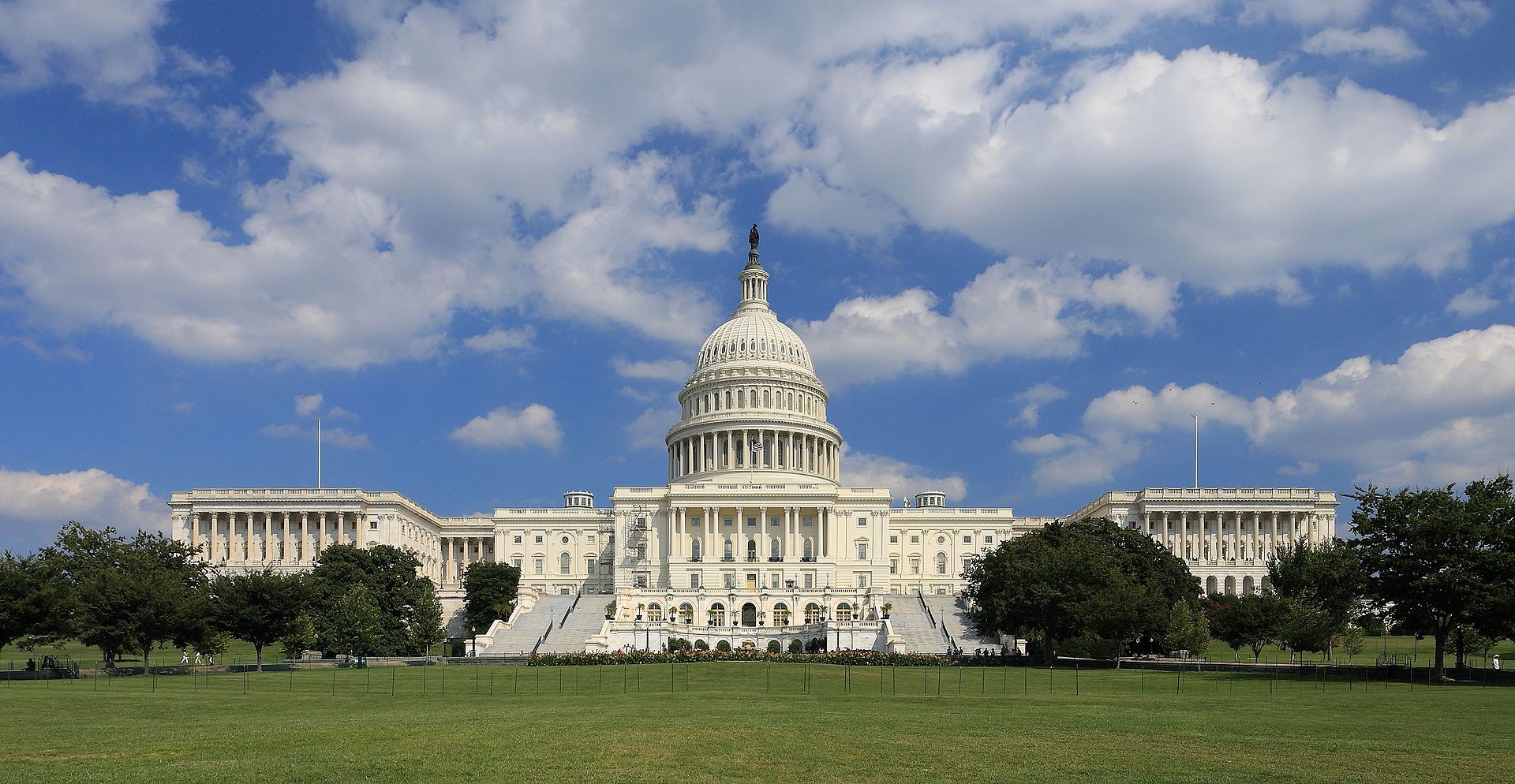Importantly, in addition to the emergency K-12 funding, the bill includes $8.8 billion in additional funding for Child Nutrition Programs to ensure children continue to receive meals during an unprecedented number and duration of school closures.
“While nearly every school in California is closed for physical instruction out of paramount health and safety concerns, they are still working tirelessly to address the basic needs of students and develop methods to engage them in quality distance learning. This stimulus funding for K-12 schools is an important step as districts continue to operate in this unprecedented situation,” CSBA CEO & Executive Director Vernon M. Billy said.
Separately, the stimulus includes $14.25 billion for institutions of higher education to prevent, prepare for and respond to coronavirus.
The Senate passed the bill by a vote of 96-0 after earlier in the day announcing an agreement had been reached. The stimulus now moves to the House of Representatives for a vote, which likely will occur on Friday. During a Wednesday afternoon press conference, President Donald Trump urged Congress to move quickly on the issue and said that he would sign the bill.
The following is a breakdown of the key aspects of the current stimulus package, related to education and childcare, with further details to be analyzed:
- $13.5 billion in formula grants for K-12 education: State education departments will distribute 90 percent of funds to LEAs for COVID-19 response activities, including planning for and coordinating long-term school closures; and purchasing educational technology to support online learning for all students.
- $3 billion pot through which each governor will receive a share to allocate emergency support grants: These grants will go to LEAs deemed by the state to have been most significantly impacted by the pandemic, which will support the ability of LEAs to continue providing educational services to students and support their ongoing operations. Institutions of higher education are also eligible for the funds.
- $8.8 billion in additional funding for Child Nutrition Programs
- $3.5 billion for the Child Care Development Block Grant program: This funding will allow programs to maintain critical operations and meet emergency staffing needs. The bill also provides $750 million to help Head Start meet staffing needs.
Unfortunately, in this time of widespread distance learning, the package does not include sought-after additional E-rate funding to address home internet technology access concerns. However, the K-12 stabilization funding may be used for connectivity. A $2 billion allocation for broadband access for schools was in an earlier version of the bill but was removed. CSBA will continue to press for the need for investment in this critically important area.
The Senate bill also does not address the many questions and issues being raised about needed flexibility in meeting deadlines and providing instruction and related services for special education students.
There is potential for other legislation to address further outstanding issues regarding COVID-19, but it is only in the discussion stages. CSBA will keep members updated as these proceedings develop.
A look at the impacts on CalPERS and CalSTRS
The impacts of COVID-19 have been felt throughout the global economy on a drastic scale. The significant reduction in business activity has translated into significant volatility on the domestic and international stock markets in which the state’s two largest pension systems are heavily invested. With support from the state, CalPERS and CalSTRS are working to reach full funding. However, both systems also rely upon payments from current employees and their employers, which are based upon each system’s anticipated return on investments.
In a March 24 letter to CalPERS stakeholders, Chief Executive Officer Marcie Frost noted that the system has been planning for a downturn in the market over the last year. “We are better prepared than during the financial crisis of 2008,” she noted.
Frost also highlighted two opportunities to learn about the condition of the system’s investment portfolio. First, Chief Investment Officer Ben Meng will provide an update on the portfolio to the CalPERS board’s Investment Committee on April 20. The board is also scheduling a webinar for employers in the next couple of weeks, through which school and local government employers will have an opportunity to ask questions about the impact these current conditions could have on the fund. If you have questions you would like addressed during the webinar, please feel free to email them to CSBA Legislative Advocate Carlos Machado.
CSBA will keep members updated on these events as more details become available. In the meantime, check the CalPERS website for COVID-19-related updates.
Stay up to date on the latest news and resources on CSBA’s dedicated webpage » :





